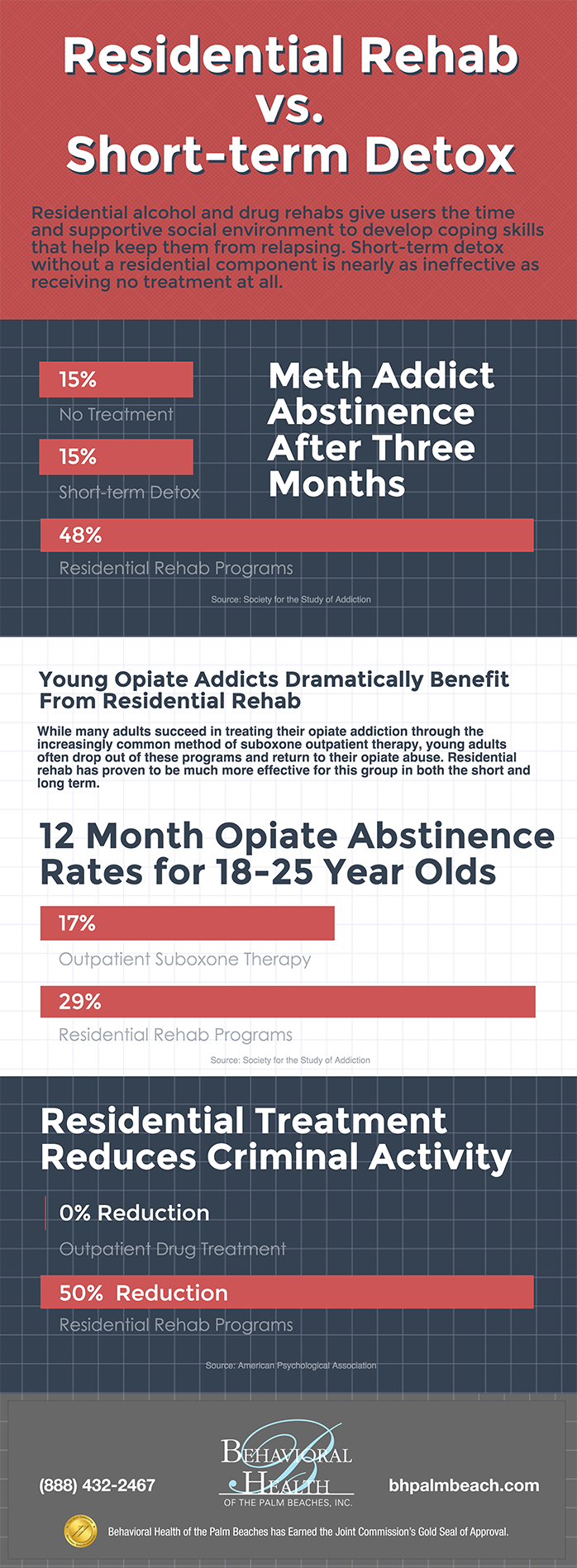After Completing Drug Rehab, It's Vital To Have A Strong Support System In Position To Make Sure Long-Term Recovery. Discover Just How Aftercare Programs Can Help You Maintain Sobriety And Develop A Fulfilling Life
After Completing Drug Rehab, It's Vital To Have A Strong Support System In Position To Make Sure Long-Term Recovery. Discover Just How Aftercare Programs Can Help You Maintain Sobriety And Develop A Fulfilling Life
Blog Article
Web Content Create By-Johannsen McKenzie
You can't do it alone. Healing from drug addiction requires a solid support system.
The relevance of aftercare in drug rehabilitation can not be overstated. In this write-up, we will explore the role of therapy, the benefits of therapy, and the structure provided by peer support groups in keeping soberness.
So, grab a cup of coffee, kick back, and let us guide you via the crucial steps of post-rehabilitation assistance.
The Role of Therapy in Aftercare
If you wish to keep your soberness after leaving rehabilitation, it's vital that you proceed taking part in counseling sessions as part of your aftercare plan.
Counseling plays a vital role in your healing trip by supplying continuous support, advice, and a secure room to reveal your sensations and worries.
Through counseling, you can deal with any underlying concerns that might have added to your addiction, establish coping methods, and learn much healthier methods to manage anxiety and yearnings.
It allows you to resolve any kind of unresolved emotions and create a much better understanding of on your own and your triggers.
The Benefits of Therapy in Preserving Soberness
To maintain your soberness, treatment can give numerous benefits.
- Treatment uses a secure area for you to check out and deal with the underlying concerns that might have contributed to your addiction.
- It permits you to work through your emotions and create healthier ways of taking care of stress and anxiety and triggers.
- Through treatment, you can gain a far better understanding of yourself and your patterns of habits, which can help you make positive modifications in your life.
- In addition, therapy offers you with a support group of professionals that are educated to lead and aid you on your trip to recuperation.
- They can provide important understandings, devices, and techniques to assist you browse the difficulties that might arise.
- In therapy, you can discover to establish healthy coping abilities, build strength, and improve your overall wellness.
Peer Support System: A Foundation for Lasting Healing
You can locate long lasting healing by proactively participating in peer support system and connecting with others who share comparable experiences and goals.
Peer support groups give a secure and non-judgmental room where people in recuperation can collaborate to share their struggles, successes, and insights. By proactively joining Recommended Website , you can receive the support and inspiration you require to remain on the course of recovery.
Connecting with others who've gone through comparable experiences can be incredibly empowering, as it assists you realize that you aren't alone in your trip. It likewise allows you to pick up from others who've effectively gotten rid of comparable obstacles. With each other, you can celebrate turning points, hold each other liable, and deal advice and advice.
Via these links, you can build a solid support group that will certainly aid you navigate the ups and downs of recuperation and eventually discover enduring recovery and change.
https://www.verywellhealth.com/is-kratom-addictive-5219805 've found out about the essential role of aftercare in drug rehabilitation. Therapy, treatment, and peer support system contribute to lasting healing. Here's a staggering statistic to understand the size of the issue: studies reveal that individuals who receive aftercare treatment are 50% most likely to keep sobriety contrasted to those that do not.
So, visualize the transformative power of these support group in helping people reclaim their lives and build a brighter, drug-free future.
